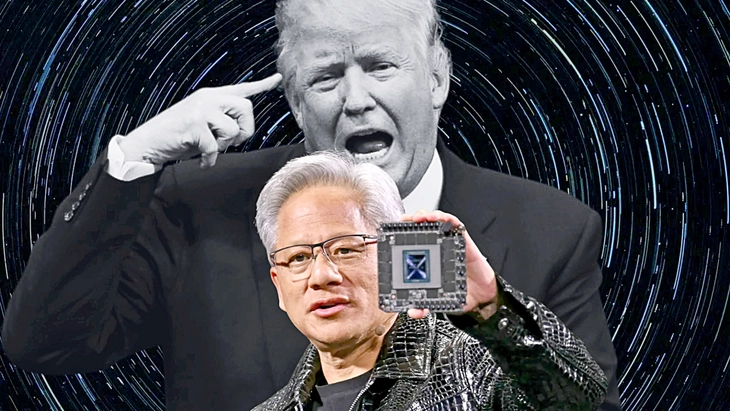
CEO Jensen Huang admitted that the tightening control order has caused Nvidia's high-end chip market share in China to drop from about 95% in 2022 to "almost zero" by October 2025 - Photo: WCCFTECH
Chipmaker Nvidia, which supplies the world's leading artificial intelligence (AI) companies, will reserve its most advanced products for US companies and not supply them to China or other countries, according to US President Donald Trump on November 2.
In an interview on CBS's "60 Minutes" and when answering reporters on Air Force One, Mr. Trump affirmed that only American customers will have access to the most advanced Blackwell chip line from Nvidia - the world's most valuable company by market capitalization today.
Only US allowed
“We’re not going to let anybody else have the most advanced,” Mr. Trump said. “We’re not going to give the Blackwell chip to somebody else.” These statements suggest that he may apply tighter restrictions on advanced AI chips than what US officials have previously mentioned.
According to Reuters, in July, the Trump administration announced a new AI plan to loosen environmental regulations and expand AI exports to allied countries to maintain the US advantage over China in this key technology.
Just last week, on October 31, Nvidia announced that it would supply more than 260,000 Blackwell AI chips to South Korea and some of the country's largest corporations, including Samsung Electronics.
Mr Trump told CBS he would not allow the sale of the most advanced Blackwell chips to China, but did not rule out the possibility that they could get access to a less powerful version. “We’ll let them work with Nvidia, but not the most advanced,” he said.
The possibility that any version of the Blackwell chip could be sold to Chinese companies has been criticized by anti-China hardliners in Washington.
They fear the technology will accelerate China’s military and AI capabilities, which have already made great strides in recent years. Republican Representative John Moolenaar, chairman of the House Special Committee on China, said the move was “nothing short of giving Iran weapons-grade uranium.”
Mr Trump had said he might discuss chips with Chinese President Xi Jinping before their summit in South Korea last week, but ultimately said the topic was not raised.
Nvidia has not yet applied for a US export license for the Chinese market, according to CEO Jensen Huang. He also warned the US government that Washington will not be able to win the AI war if China completely cuts Nvidia out of its massive ecosystem.
According to him, Nvidia needs access to the Chinese market to fund research and development activities in the US. Huang admitted that the tightening control order has caused Nvidia's high-end chip market share in China to fall from about 95% in 2022 to "almost zero" by October 2025.
Meanwhile, China is responding by massive state investment to accelerate technological autonomy, with domestic AI chip production expected to triple by 2025.
The world is increasingly divided
Nvidia's Blackwell chips are considered by experts to be a huge leap in AI chip technology, designed for the most demanding AI tasks. Each Blackwell GPU has 208 billion transistors, 2.5 times more than the previous generation Hopper, and is manufactured using a custom TSMC 4NP process.
The US ban specifically targets the GB200 and GB10 series. Unlike in the past, when Nvidia created “nerfed” versions to sell to China, the current stance of US officials on Blackwell is almost absolute – even the “nerfed” version is not allowed to be exported.
The ban is fundamentally reshaping the global AI landscape. Chinese AI companies and tech giants—including Baidu, Tencent, Alibaba, and Huawei—will be at a significant short-term disadvantage due to their dependence on Nvidia’s high-performance GPUs. But China is also making a strong push for its own AI chips.
The government supports domestic innovation and provides large subsidies to industry leaders such as Huawei (with the Ascend series), Biren Technology, Moore Threads, Alibaba (Hanguang 800) and Tencent (Zixiao). In particular, the Huawei Ascend 910B is considered a formidable competitor to Nvidia's products.
Experts predict that the ban will slow China's progress in the short term, but at the same time could stimulate innovation and autonomy in the long term, paving the way for a strong domestic AI chip ecosystem in the country.
The result will be a global market increasingly divided into two separate technology blocs. Financial Content has even suggested that the Blackwell chip ban could mark an “irreversible” turning point in the AI war between the two superpowers.
After the Trump-Xi meeting in South Korea, the risk of trade decoupling between the world's two largest economies has lessened, but the process of technological decoupling seems only to accelerate and become a reality in the near future.
China will pursue absolute autonomy and build its own AI ecosystem, as the global semiconductor supply chain will be drastically restructured as Washington seeks to exclude Beijing from strategic links.
Blackwell chips are key to large-scale language modeling and advanced AI applications – from computer vision, natural language processing (NLP), multimodality to military simulation. Meanwhile, China is focusing on developing specialized chips for inference, autonomous vehicles and image recognition.
Source: https://tuoitre.vn/my-cam-chip-blackwell-buoc-ngoat-khong-the-dao-nguoc-20251105232656287.htm



![[Photo] Closing of the 14th Conference of the 13th Party Central Committee](https://vphoto.vietnam.vn/thumb/1200x675/vietnam/resource/IMAGE/2025/11/06/1762404919012_a1-bnd-5975-5183-jpg.webp)

![[Photo] Prime Minister Pham Minh Chinh receives the delegation of the Semiconductor Manufacturing International (SEMI)](https://vphoto.vietnam.vn/thumb/1200x675/vietnam/resource/IMAGE/2025/11/06/1762434628831_dsc-0219-jpg.webp)









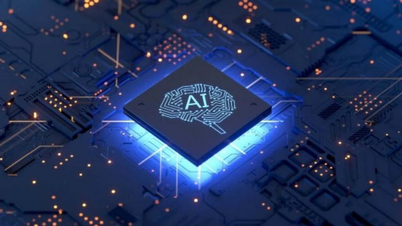




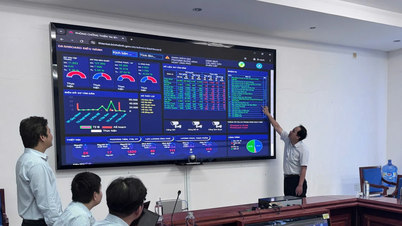


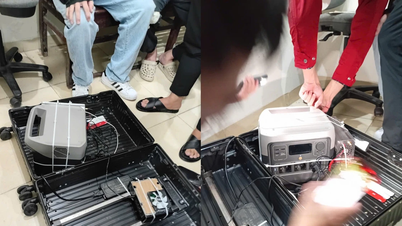

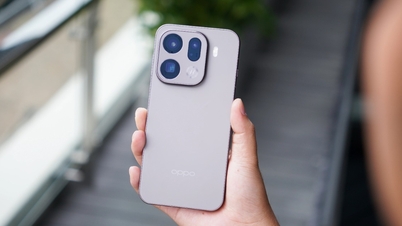




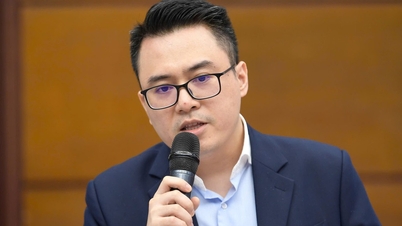
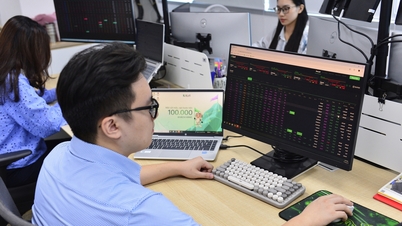

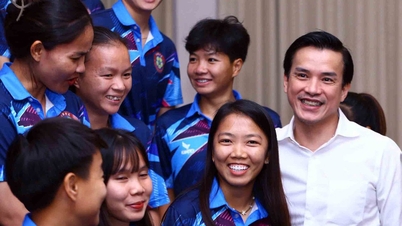

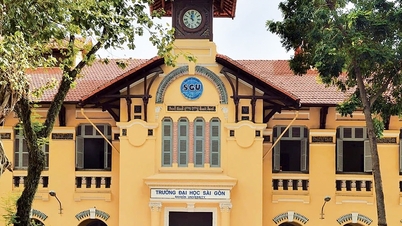


































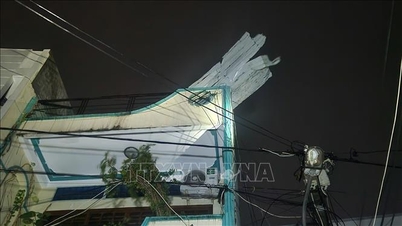




















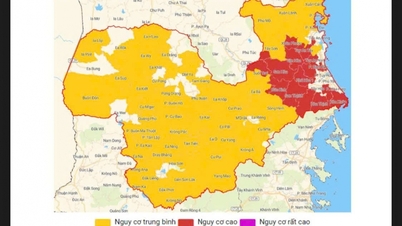



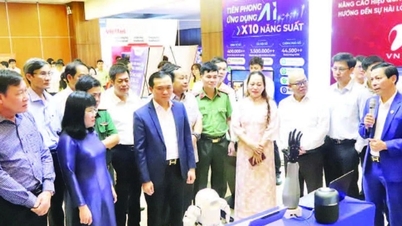

















Comment (0)